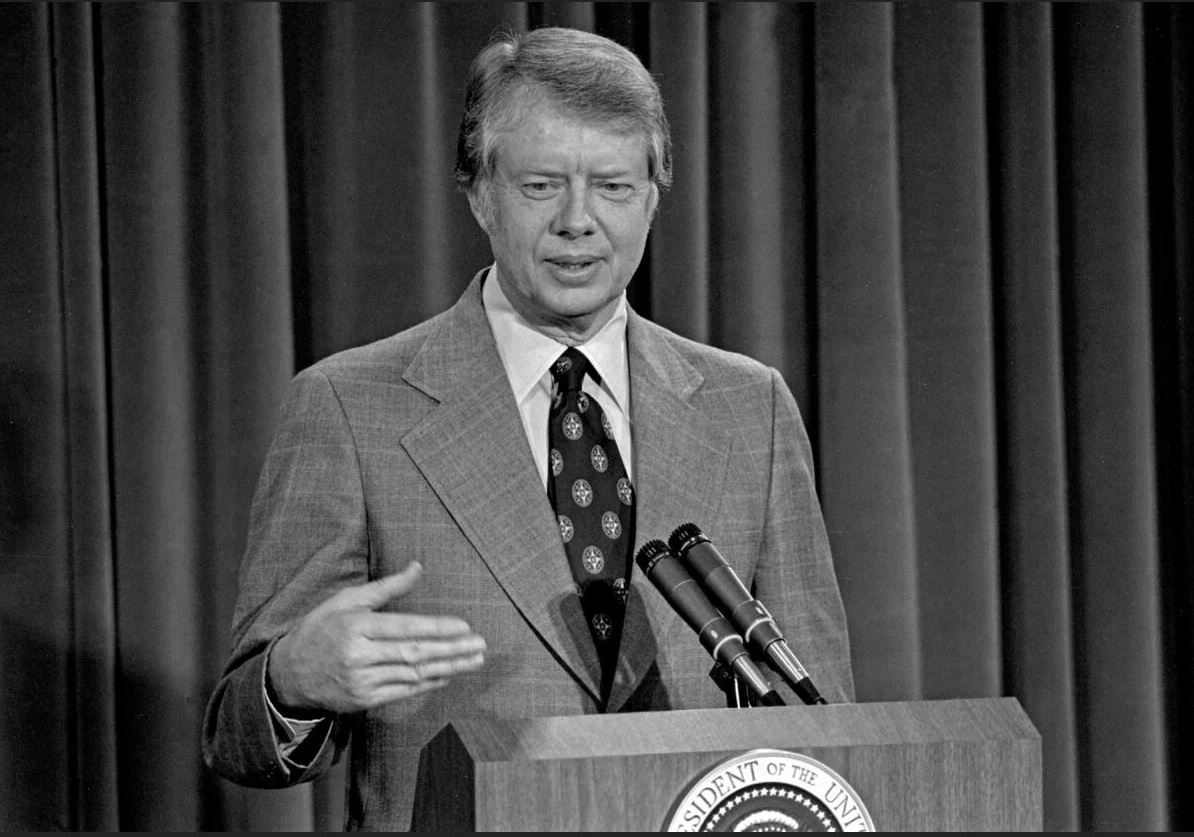Reviewing Jimmy Carter's record on human rights

Jimmy Carter, the 39th President of the United States, died on Sunday, December 29 at the age of 100. Carter lived long enough to be considered the oldest former president in American history.
Like other American presidents, Carter played an effective role in human rights violations.
The Western media has consistently attempted to present Jimmy Carter as a pioneer in upholding human rights and integrating them into U.S. foreign policy over the years, but in actuality, the Carter administration used human rights as a means of addressing its adversaries and rivals.
Carter's Human Rights Record
By putting forth a human rights policy, the 39th President of the United States presented himself as an advocate of democratic values, but in reality, he backed numerous oppressive policies around the globe.
Since Carter was elected president during a period when the United States' reputation was damaged by the Vietnam War and its backing of autocrats, the human rights policy proposal was successful in enhancing the country's reputation while simultaneously serving its political objectives.

The United States counseled its allies to implement reforms in the 1970s in order to avert revolution and the globalization of communism. The United States would no longer defend its allied dictators and force them to respect human rights, as Carter had stated in his campaign speeches and doctrine. However, in reality, he sided with the dictators rather than demonstrating what he called an absolute commitment to human rights.
Carter's human rights record has always been criticized. For example, he refused to condemn abuses committed by long-time American allies, such as Ferdinand Marcos in the Philippines and Suharto in Indonesia.
Additionally, his domestic policies did not effectively address systemic racism. During the Carter administration, racism at home hampered American attempts to gain favor overseas.
Meanwhile, the Carter administration's dedication to its human rights agenda had been questioned due to the nation's tactful and mild response to the violence of certain Central American governments.
Washington's policy toward the Soviet Union is another instance of how the Carter administration used human rights for its own ends. The Carter administration supported domestic dissidents and made false claims about human rights in an attempt to set the stage for the fall of the Soviet Union.
Carter's acknowledgement of US abuses of human rights
Carter had repeatedly acknowledged that the United States had violated human rights, despite his own failure to defend them.
In an interview, Jimmy Carter acknowledged that the US government infringes on citizens' right to privacy. The United States has recently passed laws permitting the wiretapping of its citizens, and this practice is currently being implemented across the country.
Additionally, he said: I believe that the United States violates roughly ten of the thirty clauses in the Universal Declaration of Human Rights. By naming US governments, the 39th President of the United States has also explicitly acknowledged human rights abuses in the nation.
Carter acknowledged that by authorizing US drone strikes in Pakistani and Afghan border regions, the Barack Obama administration is alleged to have committed numerous human rights abuses.